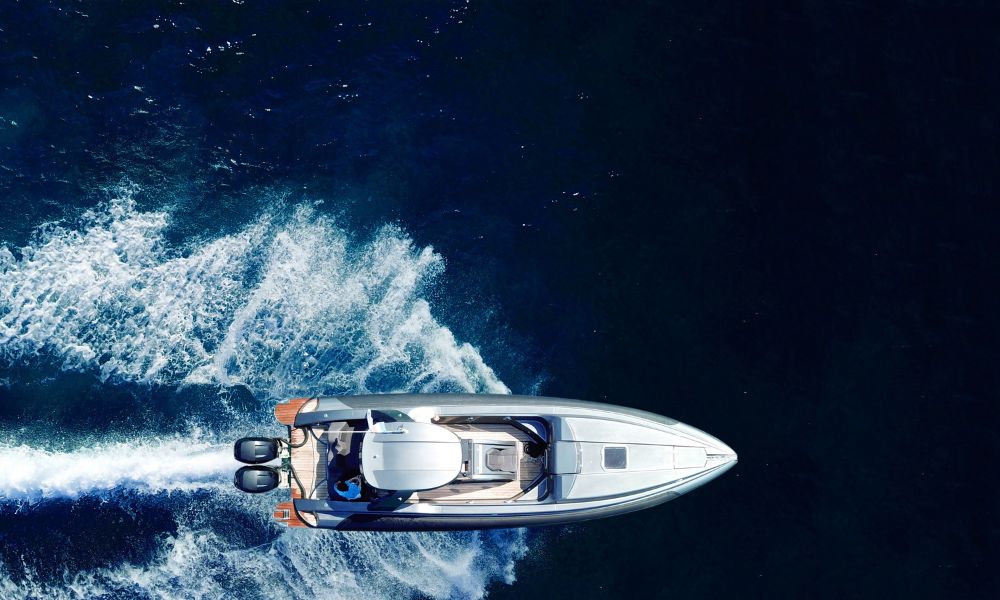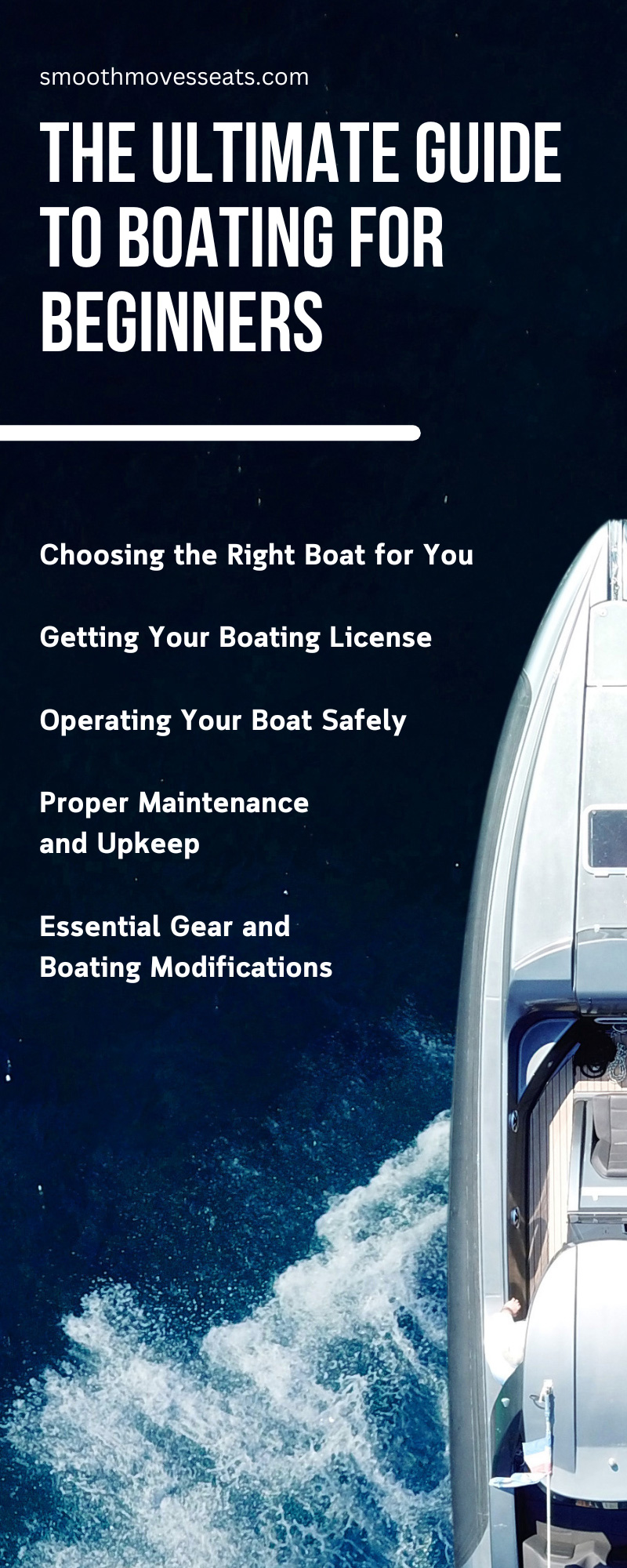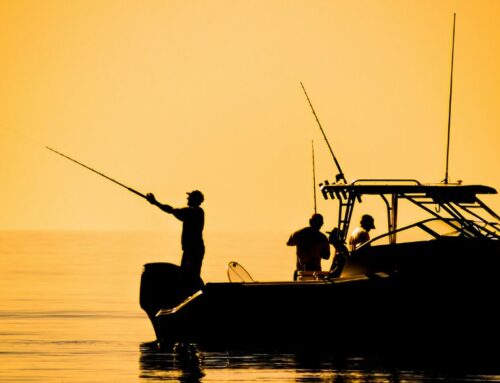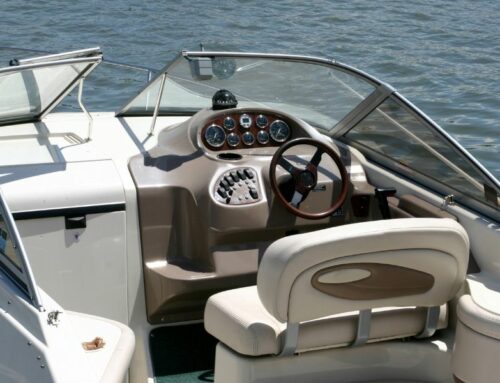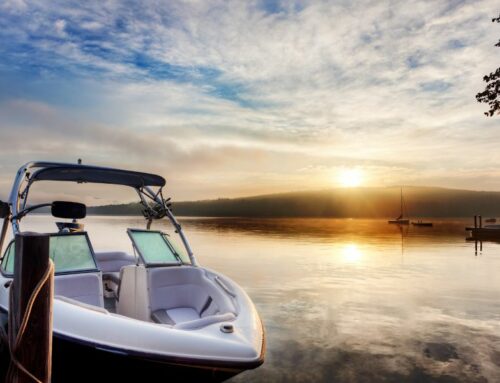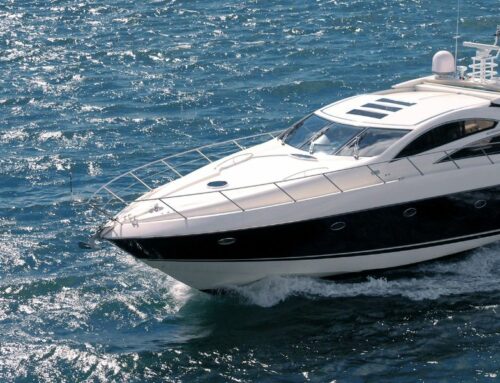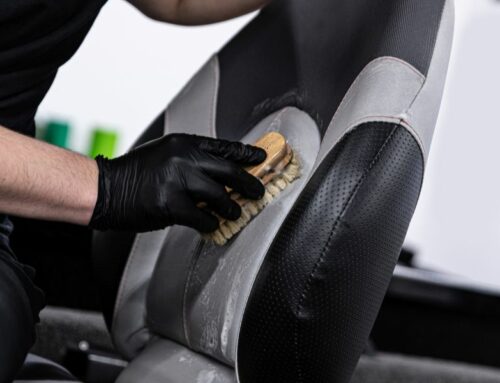Imagine the sun glistening off the water’s surface as you steer your newly purchased boat out for a day of fishing. The gentle lapping of the waves against the hull and the cool breeze wind-whipping your cheeks are special experiences only boat ownership can offer. Owning a boat is not just about these idyllic moments; it’s a commitment, both financially and in terms of time. It’s a lifestyle choice that offers rewards aplenty, but not without its share of responsibilities.
Understanding the various aspects of boat ownership is crucial before you embark on this journey. Each aspect plays a significant role in ensuring a smooth and enjoyable boating experience, from choosing the right boat to learning proper upkeep and maintenance practices. That’s why our Smooth Moves team is proud to offer you the ultimate guide to boating for beginners! Continue reading to gain the knowledge and confidence you need to become a successful boat owner.
Choosing the Right Boat for You
Before you start your boating journey, you must understand how to determine the ideal vessel for your needs. First and foremost, you must consider your lifestyle and the activities you plan to engage in using the boat. Are you an avid angler dreaming of offshore fishing trips, or do you envision calm lake outings with your family? Perhaps you enjoy faster watercraft that offer more thrilling recreational water activities.
Ultimately, your desired lifestyle significantly influences the type of boat you should buy. Additionally, consider your budget for the initial purchase and ongoing expenses like maintenance, fuel, and insurance. Also, consider your storage options; will you dock it at a marina or tow it home?
Aside from considering those long-term ownership responsibilities and costs, you must also determine the specific type of boat that best fits your needs. For instance, deck boats and bowriders are fantastic for day outings with family, offering spacious seating and amenities like a swim platform.
All-purpose fishing boats or saltwater fishing boats could be ideal if fishing is your primary goal. Sailboats cater to those seeking the thrill of sailing and physical activity. Remember, each type has its unique features and specifications, so take the time to research and choose one that fits your needs best.
Getting Your Boating License
Operating a boat responsibly requires a certain level of knowledge and skill, which is why the US requires a boating license in nearly all its states. Aside from meeting legal requirements, this license ensures you have been trained in navigation rules, emergency procedures, and safety regulations, thereby reducing the risk of accidents on the water.
You must typically complete a state-approved boating safety course to obtain a boating license. These courses cover various topics, from boat handling and navigation to first aid and weather conditions. After completing the course, you’ll have to pass an exam to demonstrate your understanding of the subjects taught.
Notably, any boating license approved by the National Association of Boating Law Administrators (NASBLA) is valid in all 50 US states. Therefore, you can take your boat out on different bodies of water nationwide without worrying about getting a new license each time—they even work in parts of Canada regardless of citizenship!
Operating Your Boat Safely
The safety of everyone on board is the topmost priority when you are operating a boat. Adhering to basic rules and guidelines for safe boat operation is crucial. Always stay within the speed limits set for your boating area and maintain a proper lookout for other vessels, swimmers, and potential hazards.
Equipping your boat with necessary safety gear, such as life jackets, flares, fire extinguishers, and first aid kits, is necessary. Moreover, never operate a boat under the influence of alcohol or drugs, as it significantly increases the risk of accidents.
Understanding weather conditions and navigation is another key aspect of safe boating. Before setting sail, you should check the weather forecast for the day and plan your trip accordingly. Sudden weather changes can lead to dangerous situations, so it is advisable to have a weather radio on board.
Familiarize yourself with marine charts and learn how to use a compass and GPS. A thorough understanding of navigation markers and buoys is also essential to avoid straying into unsafe waters.
Boat handling skills, such as docking, passing other vessels, and making precise turns, require practice. Approach the dock slowly and at an angle, then swing the boat in and secure it with ropes when docking. While passing other vessels, keep to the right and pass on the left, similar to road rules.
Turning your boat precisely involves moving the wheel steadily and avoiding sudden movements. Remember, every boat handles differently, so spend time learning how your boat responds to steering and throttle changes. Practice these maneuvers in a safe, open area until you feel confident about your boat handling abilities.
Proper Maintenance and Upkeep
Routine maintenance is crucial for your boat’s longevity. Regular washing with fresh water after every outing is very important, as salt and dirty water can damage your boat’s finish over time. Checking the oil and topping it off when needed, inspecting the propeller for damage, and ensuring smooth steering movement are other routine tasks that should be part of your maintenance schedule. Additionally, service your engine at least once a year and regularly check the water pump from your motor. Always watch the engine closely and flush it after each outing.
As the boating season ends, winterizing your boat and storing it properly during the off-season is essential to protect it from harsh weather conditions. Before storing your boat, wash and wax it and check the metal parts for corrosion. You should also ensure that the battery and all electrical systems work properly and use a battery maintenance charger for long-term storage. We also recommend covering your boat with a high-quality boat cover to shield it from dust, debris, and inclement weather.
Essential Gear and Boating Modifications
Every boater needs a set of essential items and gear on board for safety and convenience and to enhance the overall boating experience. The most essential items include:
- Life Jackets
- Emergency Flares
- Fire Extinguisher(s)
- First Aid Kit(s)
- VHF Radio
- Compass, GPS, and other Navigation Systems
- Docking and Anchoring Equipment
- Toolkit
- Working Horn for Signaling
- Water Bailing Equipment
Boating modifications can greatly enhance your experience, especially if you’re an angler. Adding rod holders can keep your fishing poles secure and organized while trolling or when at rest. Installing a fish finder can help you locate fish more effectively. A baitwell can keep your live bait fresh for longer. Consider adding a hydraulic steering system for easier maneuverability or an air-ride boat seat pedestal for increased comfort during long rides for general boating.
Use our ultimate guide to boating for beginners to ensure a smooth and successful ownership experience. Additionally, invest in a more comfortable and supportive ride by browsing our selection of air ride boat seat pedestal products—available here at Smooth Moves!



